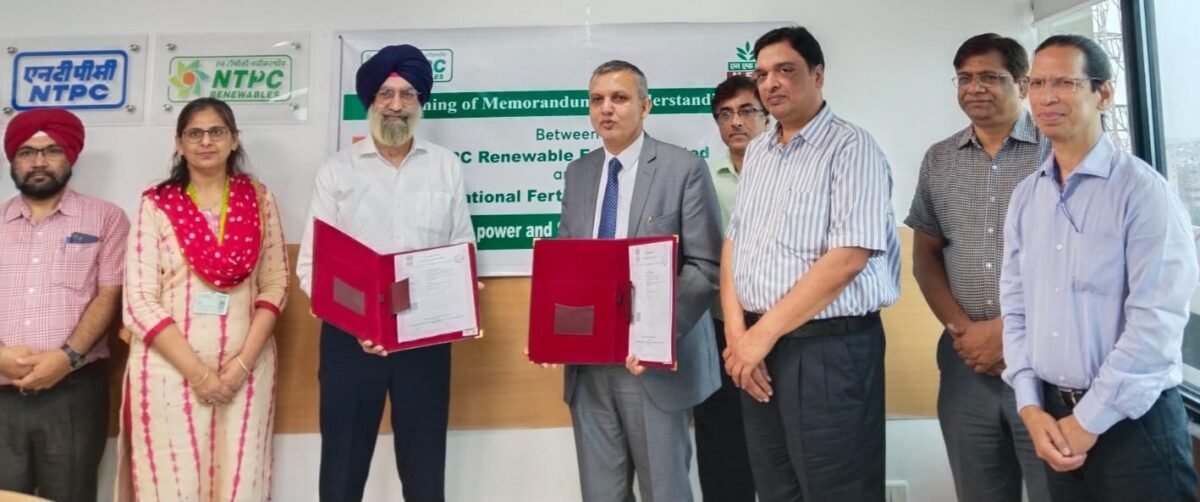Indian Oil & Praj collaborates for building Biofuels production capacities in India
Earlier in October 2021, both the Companies had entered into an agreement to form a 50:50 Joint Venture to this end.
In a significant development, Indian Oil Corporation Limited (Indian Oil) and Praj Industries Limited (Praj) signed a term sheet to advance plans to strengthen biofuels production capacities in India. Various biofuels covered under this MoU include Sustainable Aviation Fuel (SAF), Ethanol, Compressed Bio-Gas (CBG), Biodiesel and Bio-bitumen among others. Earlier in October 2021, both the Companies had entered into an agreement to form a 50:50 Joint Venture to this end.
Talking about the development, Shrikant Madhav Vaidya, Chairman, Indian Oil, said, “The collaboration with an Indian biofuel major – Praj, is a remarkable milestone in Indian Oil’s green energy transition journey. It will strengthen our resolve to achieve our goal of net-zero operational emissions by 2046 and maintain our leadership in the green energy domain.”
Vaidya also added that India being an agrarian economy, offers the advantage of sufficient availability of feedstock. The indigenous biofuels will be a game changer in helping India chart its decarbonization journey. Biofuels offer a win-win situation by reducing dependence on crude imports, boosting the rural economy, and offering sustainable, cleaner mobility options.
Dr Pramod Chaudhari, Founder Chairman, Praj Industries said, ” Indian Oil & Praj have been collaborating to facilitate India’s energy transition towards a greener future in the past as well. The nation’s first-of-its-kind advanced biofuels refinery at IndianOil’s Panipat complex is based on Praj’s proprietary 2G technology. This year in May, IndianOil and Praj partnered with AirAsia India and flew India’s first-ever commercial passenger flight powered by a blend of ‘indigenous’ Sustainable Aviation Fuel. We are proud of our partnership with IndianOil, which is further reinforced with this important milestone.”
He also added that Biofuels positively impact the socio-economic and environmental aspects thereby facilitating sustainable development. Readying India to build sustainable aviation fuels production capacity in pursuit of clean skies is our priority, to strengthen Atmanirbhar Bharat.
In pursuit of energy self-reliance by leveraging captive resources, the country has aggressive plans to reconfigure the transportation fuel mix with biofuels. Biofuels are an integral part of India’s flourishing Bioeconomy that plays a significant role as a sustainable climate action tool.
Earlier in October 2021, both the Companies








